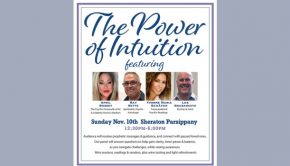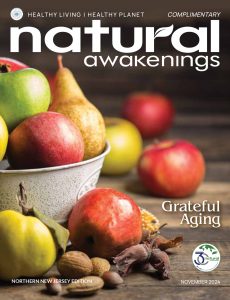Better Medicine for Heart and Hormone Health
Balancing thyroid function is a widely overlooked health variable in women and men. It plays a crucial role in the enzymatic processing of LDL cholesterol in the liver, meaning that it is very common to see elevated LDL on a blood test for a patient with a thyroid condition. This is important to understand because hypercholesterolemia and elevation of the low-density lipoproteins are the primary markers used for prescribing statin drugs to patients, a practice that is based on persistent misconceptions about dietary drivers of heart disease. Instead, the emphasis should be on balancing hormones and reducing the inflammatory effects of oxidized LDL.
Even after a generation of statin use and many studies that demonstrate patients presenting to the hospital with heart attacks don’t have elevated total cholesterol, the widespread prescribing of drugs that lower cholesterol persists. On the one hand, statins are prescribed en masse to reduce total cholesterol, which the medical community thinks of as a key indicator for heart disease. Rather, the actual science indicates that in menopausal women, the incidence of new-onset diabetes mellitus increases for those taking statin drugs. Statins thus induce diabetes in women that are then inexcusably put at risk for cardiovascular events.
The concerted effort to control total cholesterol ignores actual body chemistry. The body is so intelligent that when not enough cholesterol is consumed, the liver will automatically start to make it in order to guarantee a baseline level running through the system. In its natural, unstressed state, the liver makes 75 percent of the cholesterol needed. Cholesterol is a precursor to vitamin D and to pregnenolone and the sex hormones that derive from it. It is also a primary component of cell membranes, where all of the action is, including hormone receptor function and gatekeeping of nutrients and toxic elements.
Hormones influence many bodily functions, including metabolism, blood sugar balance, blood pressure, energy levels, kidney function, sleep patterns, aging and appetite. Signs of imbalance in both sexes include typical symptoms of fatigue, headaches, digestive complaints, poor sleeping, easy weight gain, increased signs of aging, depression, anxiety and decreased sexual desire. Balancing the hormones can be a delicate and challenging process. We have an enormous amount of control over the way we feel through how we approach diet and lifestyle.
While age is often blamed for imbalance, it’s important to remember that balance directly correlates with diet. Inadequate consumption of dark leafy greens and brightly colored vegetables, lack of protein and persistent dehydration can all be contributing factors, and the biggest one—stress and how we relate to it. Additionally, the prescriptions used to treat the symptoms of these conditions can further deplete the nutrients that are most needed. Without the necessary micronutrients, metabolism is compromised and disease can develop.
Dr. Douglas J. Pucci, DC, FAAIM, regularly offers in-office seminars presenting the latest science and clinical data on neurotoxic illness, hormone disruptions and chronic disease. He provides nutrition, comprehensive testing for health biomarkers, brain and body care and more. For more information, call 201-261-5430 or visit GetWell-Now.com.




























